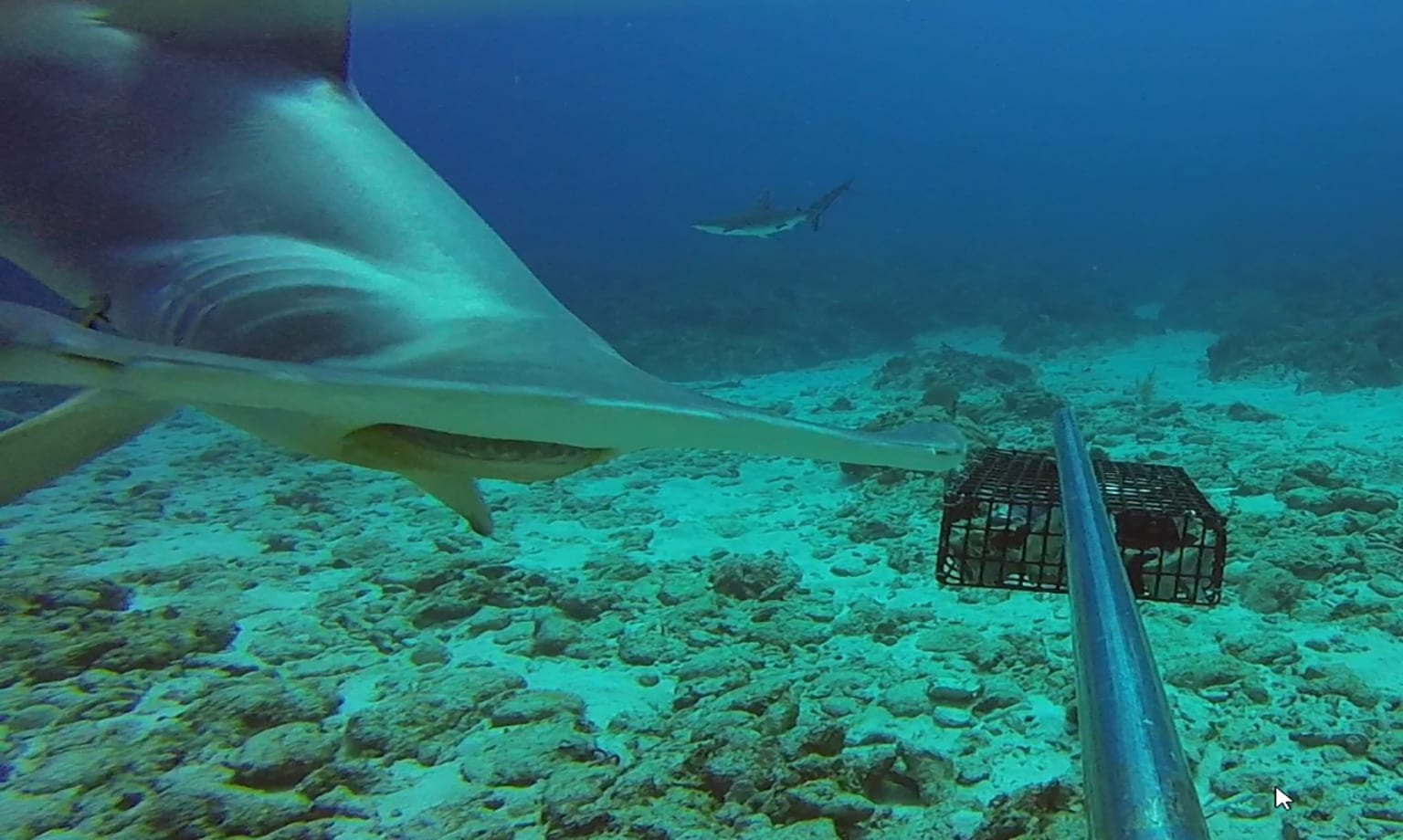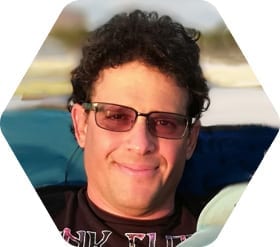
Over four years of research in what many consider to be the pristine marine habitats of Cuba, Visiting Assistant Professor of Marine Science Jorge Angulo-Valdes, Ph.D., discovered that his country’s coastal sharks were just as threatened as those in other parts of the world.
“We were surprised. Even though Cuba is fairly well preserved, it has this reputation that this is [a marine] paradise—that is wrong information,” Angulo-Valdes explained. “There is a strong fishery effect and overfishing. Despite our ecosystems and habitat health, our sharks are as threatened as other regions’. Something needs to be done.”
Along with comparison data from co-authors in 55 countries using the same methodology, Angulo-Valdes’s findings were presented in “Global status and conservation potential of reef sharks,” published in the peer-reviewed journal Nature in July. Among the paper’s co-authors is Eckerd marine science alumnus Nishan Perera ’01, co-founder of Blue Resources Trust in Sri Lanka.
The crisis has a number of factors that vary by country and culture, Angulo-Valdes said, but constants emerged.

Visiting Assistant Professor of Marine Science Jorge Angulo-Valdes
“Sharks are under threat worldwide and that is a problem. When you remove a top predator from an ecosystem, everything suffers. Top predators act as the guards and remove those individuals from the population that are not suited to it,” he emphasized.
Study of coastal ecosystems must continue beyond this project, Angulo-Valdes said, so humans can better understand the causes of shark depletion. People need to be educated, not only on the biology of animals and habitats but also on the socioeconomic factors that drive destruction in the marine world.
“If you want to preserve sharks, the main thing you must work on is educating people. Sharks already know what to do. They have been here way before us. We are just the last person to move into the neighborhood,” the scientist joked.
Angulo-Valdes began teaching marine science in 1994 at the University of Havana and began his relationship with Eckerd College in 2015 as the school began bringing students to his country in January for monthlong Winter Term courses abroad. He joined Eckerd’s faculty as a visiting scholar in 2018.
Going into his third year of teaching at Eckerd, Angulo-Valdes said international collaborations on population study will be critical in improving conditions and outcomes for key species in the natural world. He plans to continue his work studying bonefish abundance in Florida versus his native Cuba. Florida has strict sport fishing regulations and penalties in place to protect bonefish, and yet, the species is still disappearing in and around the state.
“We suspect it may be the habitat quality,” he added. “Land-based agriculture may have eroded the habitat over time.”
Once travel restrictions are lifted, he’ll prepare to return to taking scores of Eckerd students to Cuba to study its habitats and species. “Eckerd’s students are some of the best students I’ve ever worked with,” he said. “They are all very interested and willing to work. They’re just down-to-earth people, and they have their brains looking where they need to be looking.”












